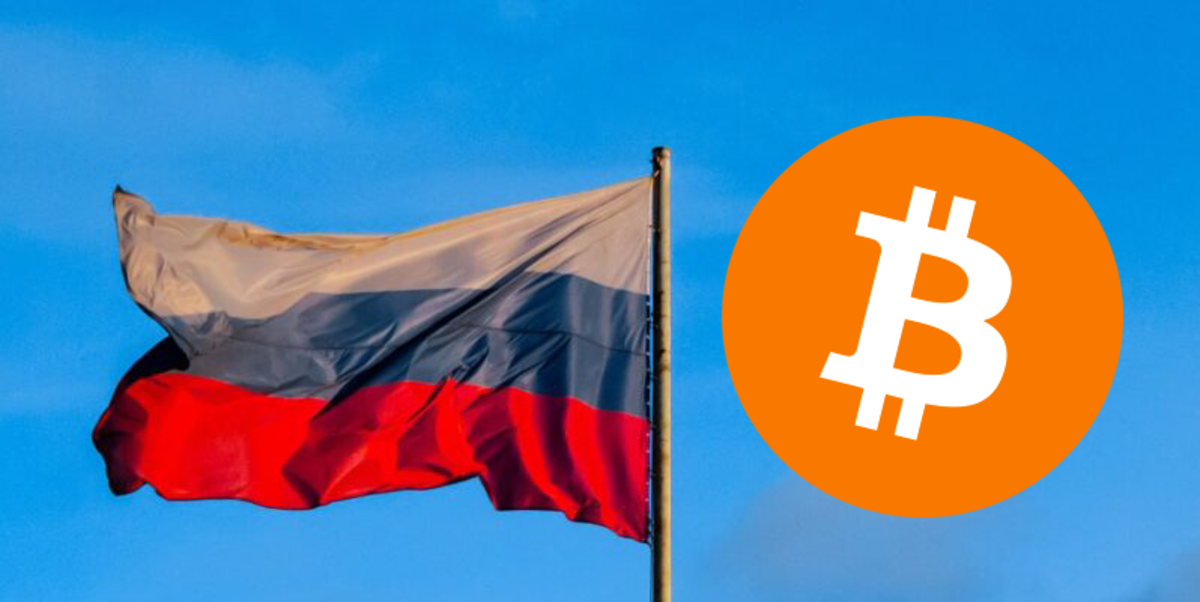Ryan Reynolds & Rob McElhenney's Wrexham Gamble: How Much Have They Lost?

Hollywood stars Ryan Reynolds and Rob McElhenney made headlines in 2021 when they acquired Wrexham AFC, a Welsh football club steeped in history but languishing in the National League. Their high-profile ownership promised a revitalization of the club and the town, fueled by significant investment and global media attention. But has their dream been profitable? A leading finance expert suggests the answer might be more complicated than initially thought.
The Wrexham Project: A Financial Deep Dive
The acquisition of Wrexham was far from a simple transaction. Reynolds and McElhenney didn't just buy the club; they invested heavily in its infrastructure, players, and marketing. Their commitment brought unprecedented exposure to Wrexham, attracting fans from around the world and generating substantial revenue streams. Ticket sales have skyrocketed, merchandise is flying off the shelves, and the lucrative TV deals resulting from their journey have poured money into the club. The documentary series following their ownership, “Welcome to Wrexham,” has been a global success, further amplifying the club's reach and financial potential.
The Numbers Don't Lie: Estimated Losses
Despite these impressive gains, a recent analysis by finance expert Kieran Maguire paints a less rosy picture. Maguire, a renowned expert in football finance, estimates that Reynolds and McElhenney have collectively lost around £20 million (approximately $25 million USD) since taking over Wrexham. This figure encompasses the direct investment into the club, as well as operational losses incurred while the team was in the National League – a league known for its challenging financial landscape.
Why the Losses?
Several factors contribute to these reported losses. Firstly, the initial investment was substantial, designed to quickly elevate the club’s competitiveness and infrastructure. Secondly, the National League is notoriously difficult to turn a profit in, requiring significant investment to compete effectively. Finally, Reynolds and McElhenney have prioritized long-term growth and fan engagement over immediate financial returns, a strategy that, while admirable, impacts short-term profitability.
The Bigger Picture: Long-Term Investment
It's crucial to understand that Reynolds and McElhenney's involvement with Wrexham is viewed by many as a long-term investment. Their commitment extends beyond simply winning games; they aim to transform Wrexham into a thriving, sustainable football club and revitalize the town itself. Their increased visibility and the club's recent promotion to League Two have significantly increased the club's value and future earning potential. League Two offers increased TV revenue and sponsorship opportunities, which should help to offset some of the earlier losses.
Looking Ahead: A Bright Future for Wrexham?
While the initial financial outlay has been significant, the future looks brighter for Wrexham. With promotion to League Two secured, the club is poised for continued growth and increased profitability. Reynolds and McElhenney's dedication and investment have undeniably transformed Wrexham, both on and off the pitch. The story of Wrexham is a testament to the power of passion, commitment, and a willingness to invest in a dream, even when the numbers don’t immediately add up.






